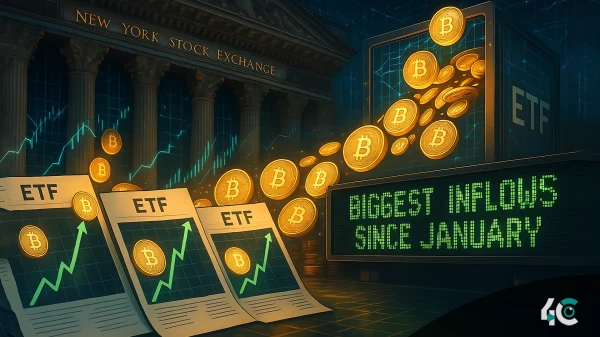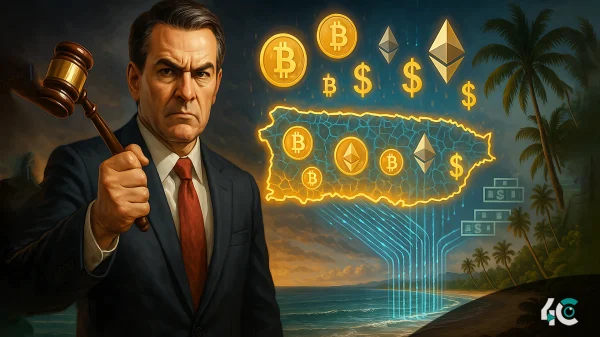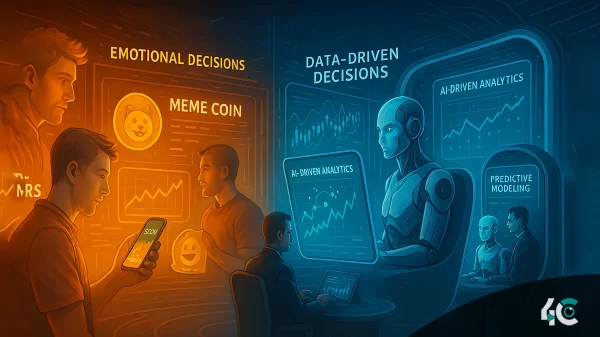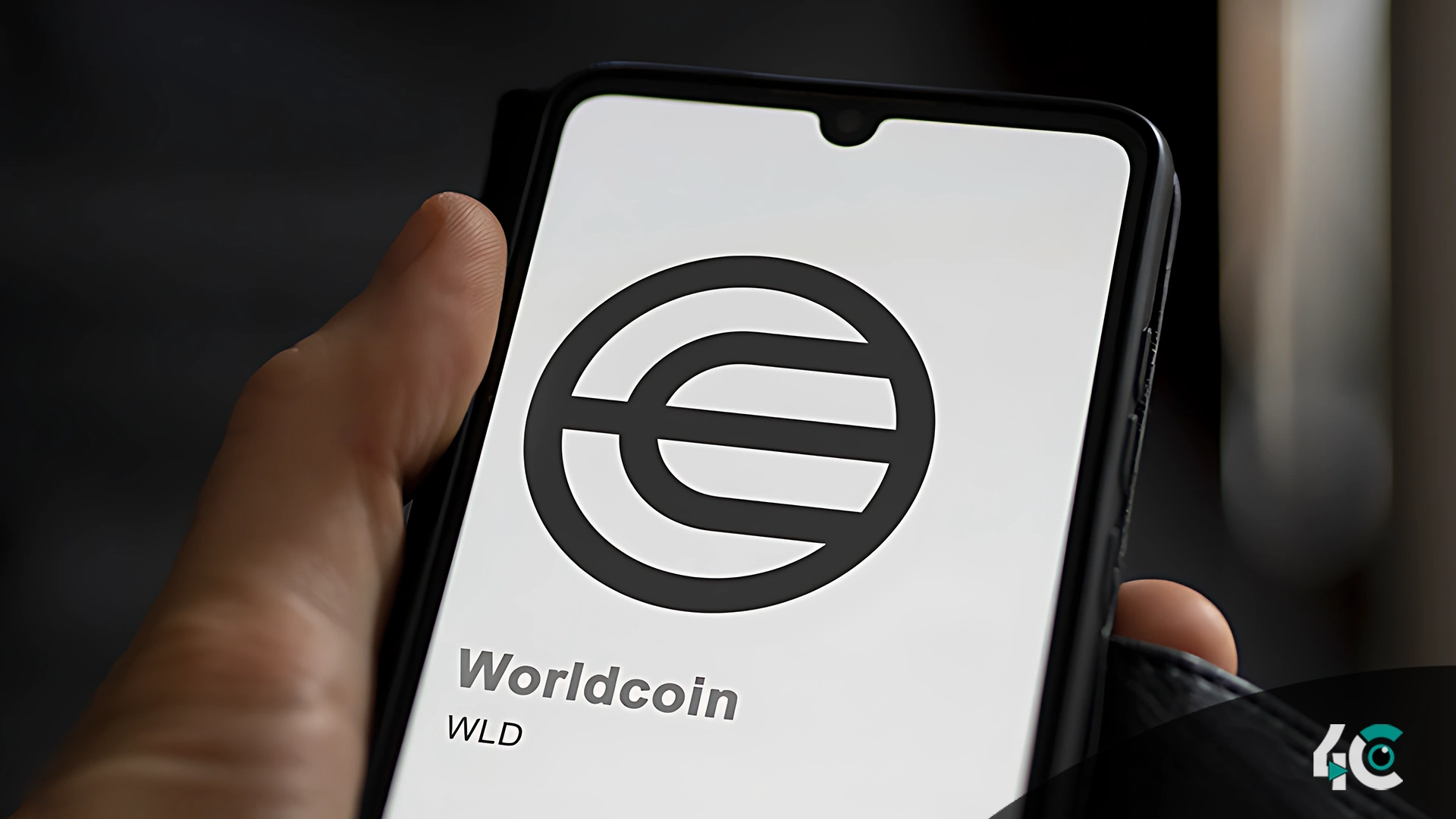The Worldcoin project has raised both excitement and concern with its unique approach to digital identity and finance. Some see it as a revolutionary step, while others question its implications. As the debate continues, understanding its true impact is crucial.
Is Worldcoin a step toward financial inclusion or a step toward dystopian surveillance? This is the question on everyone’s mind.
What Is Worldcoin?
Worldcoin aims to try and generate a universal basic income through the distribution of a cryptocurrency to every person on Earth. To make sure everyone is treated equally and to prevent fraud, the project uses iris scanning to identify people.
To ensure that one person only claims the currency once, users must step forward to a device named ‘Orb’ to confirm their biometrics.
Some people who support Worldcoin say that it can help with economic inequality and offer help in solving problematic banking systems. Using blockchain, the project aims to bridge the economic gap that leaves behind billions. It also aims at building a global financial network.
Privacy Concerns: A Double-Edged Sword.
The idea of a global UBI is indeed an attractive one, but the proposal to collect biometric data has come under fire. Gathering sensitive data, including iris scans, could have serious consequences, critics warn. The article originally published at the Economic Times mentioned that once biometric information is taken, it cannot change or be reset like passwords or PINs.
Once you give away your biometric data, there is no going back, says Dr. Elena Rortiguez. If the information falls into the wrong hands, it can mean identity theft, surveillance, authoritarian takeover, etc.
Plus, experts on the internet question the security of Worldcoin with such large storage onboard. The company promises that biometrics will be removed post-validation and encrypted to ensure safety, but skeptics argue that a leak or government and corporation exploitation is possible.
Who Benefits from Worldcoin and at What Cost?
Worldcoin also faced criticism for its ethics, apart from privacy issues. Many people are concerned about Worldcoin’s biometric verification as it raises consent issues. Many people in developing countries do not understand the terms and conditions. There are concerns that vulnerable communities could be forced to participate without protection.
In addition, a centralized body controlling a global currency has been raised as a concern for the system that claims to be decentralized. Worldcoin has the potential to exacerbate inequality by consolidating power among a select few, marginalizing the rest.
Regulatory Challenges Ahead.
As Worldcoin expands, regulatory hurdles loom large. Countries are increasingly concerned about projects that involve money and biometric data. They cite national security, data safety, and non-compliance with laws as concerns. Strict rules in Europe because of the General Data Protection Regulation, or GDPR, could make it hard for the project to take off.
If it can overcome these obstacles, Worldcoin must still work hard to win people over. With strong visibility and credibility, the Worldcoin project successfully launched its token in 2023.
A Vision Worth Pursuing—or Too Risky to Implement?
The Worldcoin project is both an opportunity and a threat to technological innovation. On one hand, it gives a reasonable glimpse of a more inclusive financial system, powered by high-tech tools like blockchain and biometrics. But, at the same time, it highlights the serious dangers of fooling around with personal data and society on such a scale.
Al the end of the day, Worldcoin will be a success or a failure depending on the balance between ambition and responsibility. Can it fulfill its mission of democratizing wealth along with ensuring individual rights? Will it become a lesson on the dangers of unchecked ambition or more in vain?
At present, the world closely observes a controversial project while waiting for uncertain outcomes as it struggles to shape the present and future.






























